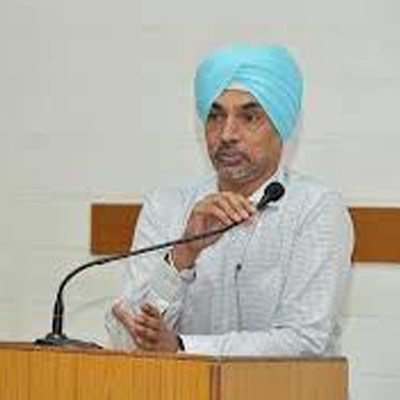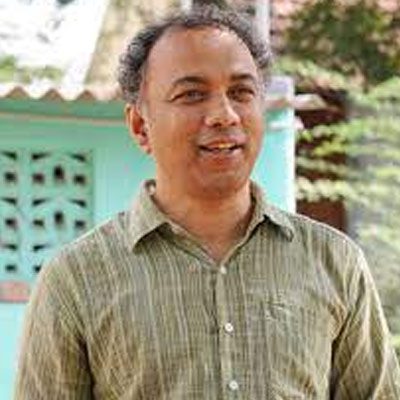
PRODUCTIVE AND CLEAN ENERGY
SESSION VIDEO
SESSION OUTLINE
One of the critical challenges for rural livelihood is access to sustainable and reliable energy. Affordable energy access plays a crucial role in addressing rural poverty. This session highlighted the experiences, insights and vision on supporting livelihood acceleration with assured sustainable energy.
Rural Livelihoods has emerged as the prime national goal along with health. Pandemic induced new drivers, shocks and emerging investment, and enabling policy impacting the rural economy makes conversation critical and topical. One of the vital challenges on livelihoods is related to access to predictable and affordable access to energy.
This session with practitioners, donors and investors, discussed a set of inter-related actions aimed at sustained income increase from the deployment of Sustainable Energy solutions situated within local habitat development and place-based employment opportunities.
PANEL

Dhruvi Shah
CEO,
Axis Bank Foundation

Charanjit Singh
Joint Secretary,
Ministry of Rural Development

Dr. Harish Hande
Founder, SELCO,
Ramon Magasasay Awardee

Pariphan Uawithya
Director Power & Climate and The Global Energy Alliance for People and Planet, The Rockefeller Foundation
SESSION TAKEAWAYS
BETTER ENERGY ACCESS = BETTER LIVES
One of the drivers for many rural applications across the past ten years has been linking energy services with livelihoods. Energy is one of the critical drivers, and moving forward, energy-efficient technologies will build environments to improve productivity across sectors. The energy access across households ensures that the option of having additional time to work in the evening or for the children of a household to study is not dependent on variables. Access to energy supports the overall well being across rural India.
DECENTRALIZED ENERGY
Decentralized energy- as a service- can be made accessible to the most remote village of the country. This ensures that the farmers and the farmer producer groups that operate various machinery reduce operating operational costs significantly. Similarly, this also improves access to storage systems, including cold storage technologies that can support food security as well as reduction of wastage along with an increase in income.
ENERGY FOR PRODUCTIVE USAGE
Energy ties in directly with the usage of various equipment used for farm produce processing. The understanding of energy for productive usage will need to be coupled with appropriate financial training and accessibility of data to transform the landscape of rural India. Energy will act as a potent enabler for most of the marginalized populations and support them to own these assets and utilize these assets productively.
"It will be very very empowering both for the community and individuals to have access to low cost renewable power so that they can now move up the value chain share in the livelihood."
- DHRUVI SHAH
"We see energy as a catalytic factor for inclusive development. Currently, we definitely have a system design issue, given that a huge number of people still in poverty and we're dealing with climate change."
- JEFFREY PRINS
"From the inclusive development perspective, whether the primitive tribal groups or the very vulnerable communities, we need to include all of them."
- CHARANJIT SINGH